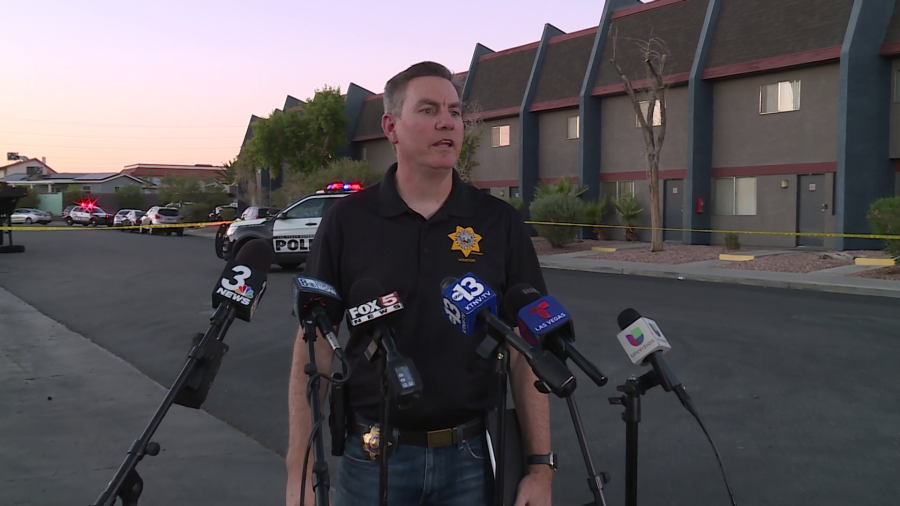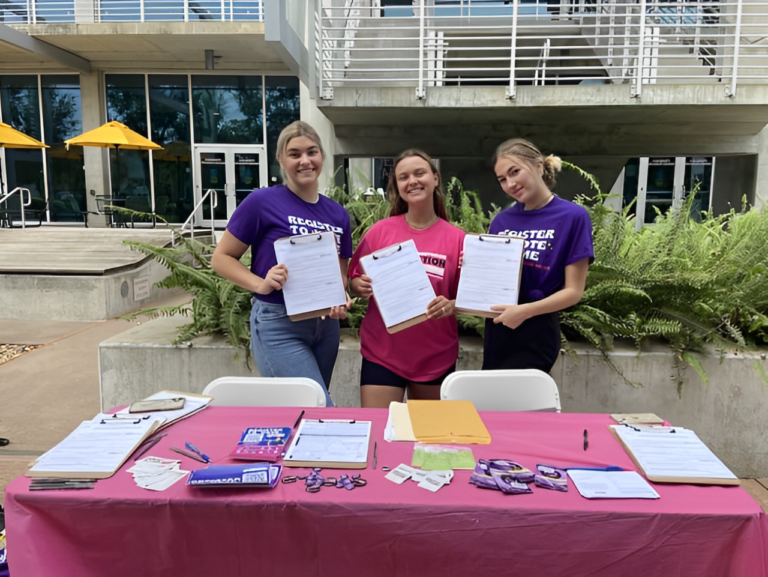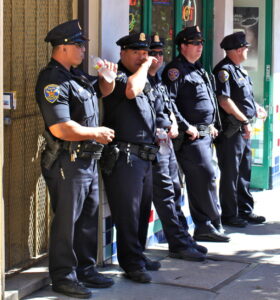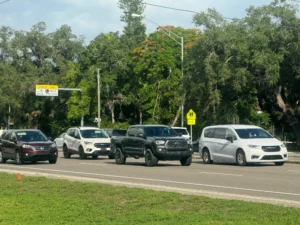In a significant legal move, Kyla Brothers, the girlfriend of Anthony Zaremski, who was fatally shot by police during a no-knock warrant execution last summer, has filed a comprehensive lawsuit against the Saratoga County Sheriff’s Department and several of its deputies.
The suit, submitted to the U.S. District Court for the Northern District of New York, contends that Brothers’ Fourth and 14th Amendment rights were egregiously violated during the incident at the Fox Run Apartments on May 23, 2023.
The lawsuit, filed by attorney James C. Knox of Hacker Murphy, LLP, details the events of that early morning raid. According to the complaint, Brothers was staying at Zaremski’s apartment when they were suddenly awakened by loud noises, which turned out to be the police executing a no-knock warrant.
Believing they were under attack by intruders, Zaremski, in an attempt to protect himself and Brothers, grabbed his handgun and began firing. Tragically, he was shot in the head by officers while still in bed.
Court documents reveal that the warrant was part of a broader six-month investigation into narcotics and weapons conducted jointly by the Saratoga County Sheriff’s Department and the Drug Enforcement Administration (DEA). Sheriff Michael Zurlo noted at the time that two officers were also shot during the raid, including one deputy who suffered a severe gunshot wound to the thigh, resulting in a shattered femur.
The no-knock warrant used in the operation has become a focal point of controversy. Such warrants allow law enforcement to enter a property without prior notification to the residents, ostensibly to prevent the destruction of evidence or in cases where officer safety is at significant risk.
However, these warrants have faced growing criticism and calls for reform, especially in the wake of high-profile cases such as the police killings of Breonna Taylor and George Floyd.
Paul Pulano, a legal expert from Tully Legal, provided insight into the complexities and inherent dangers of no-knock warrants. He explained that these warrants are often issued in cases involving drugs to prevent suspects from destroying evidence before officers can seize it.
However, Pulano emphasized the risks involved, noting that such operations can quickly escalate into violent confrontations, especially in high-crime neighborhoods where residents might respond defensively to unannounced intrusions.
The lawsuit alleges that during the raid, the officers did not properly identify themselves or announce their purpose, a critical failure that led to the deadly encounter.
The court documents state, “Police decided to execute a search warrant in the early morning hours and without audibly identifying themselves or without audibly announcing their purpose, creating a violent confrontation.”
Following the fatal shooting of Zaremski, Brothers claims she was forcibly restrained with zip ties so tight that they cut off circulation to her hands. She was detained for several hours at the police station without being allowed to contact her lawyer or anyone else. She was eventually released without any charges being filed against her.
Brothers are seeking compensatory and punitive damages, asserting that the incident caused her substantial physical, psychological, and emotional harm, in addition to economic losses such as lost wages. She contends that the actions of the police not only resulted in the unnecessary death of her boyfriend but also subjected her to unlawful treatment and severe distress.
In a press conference held shortly after the raid, DEA Special Agent in Charge Frank Tarantino highlighted the operation’s broader success, which included the execution of three other search warrants in the Capital District region.
These efforts led to the seizure of hundreds of thousands of fentanyl and ecstasy pills, multiple kilograms of cocaine, and nearly 50 firearms. Despite this, the tragic outcome of the operation at Fox Run Apartments has overshadowed these achievements and raised serious questions about the use of no-knock warrants.
James C. Knox, Brothers’ attorney, has so far refrained from making public comments on the case. Sheriff Michael Zurlo has also declined to comment, citing the ongoing nature of the litigation.
Legal expert Paul Pulano suggests that while this civil lawsuit may not directly change warrant laws, it could potentially influence legislative discussions and reforms aimed at preventing similar tragedies in the future.
Read More:
- Crime Alert: New Video Shows Faces of Suspects in NYC Bat Attack
- NYPD Crime: Armed Man Struck by Unmarked Police Car in Brownsville!
- Hochul’s Crime Strategy: $36 Million Boost for Local Police Amid 28% Drop in Shootings!
Brothers’ lawsuit stands as a stark reminder of the potential human cost of aggressive law enforcement tactics and the urgent need for scrutiny and potential reform of no-knock warrant policies. As the case proceeds, it will likely continue to attract significant public and legal attention, potentially impacting future law enforcement practices and policies.







+ There are no comments
Add yours